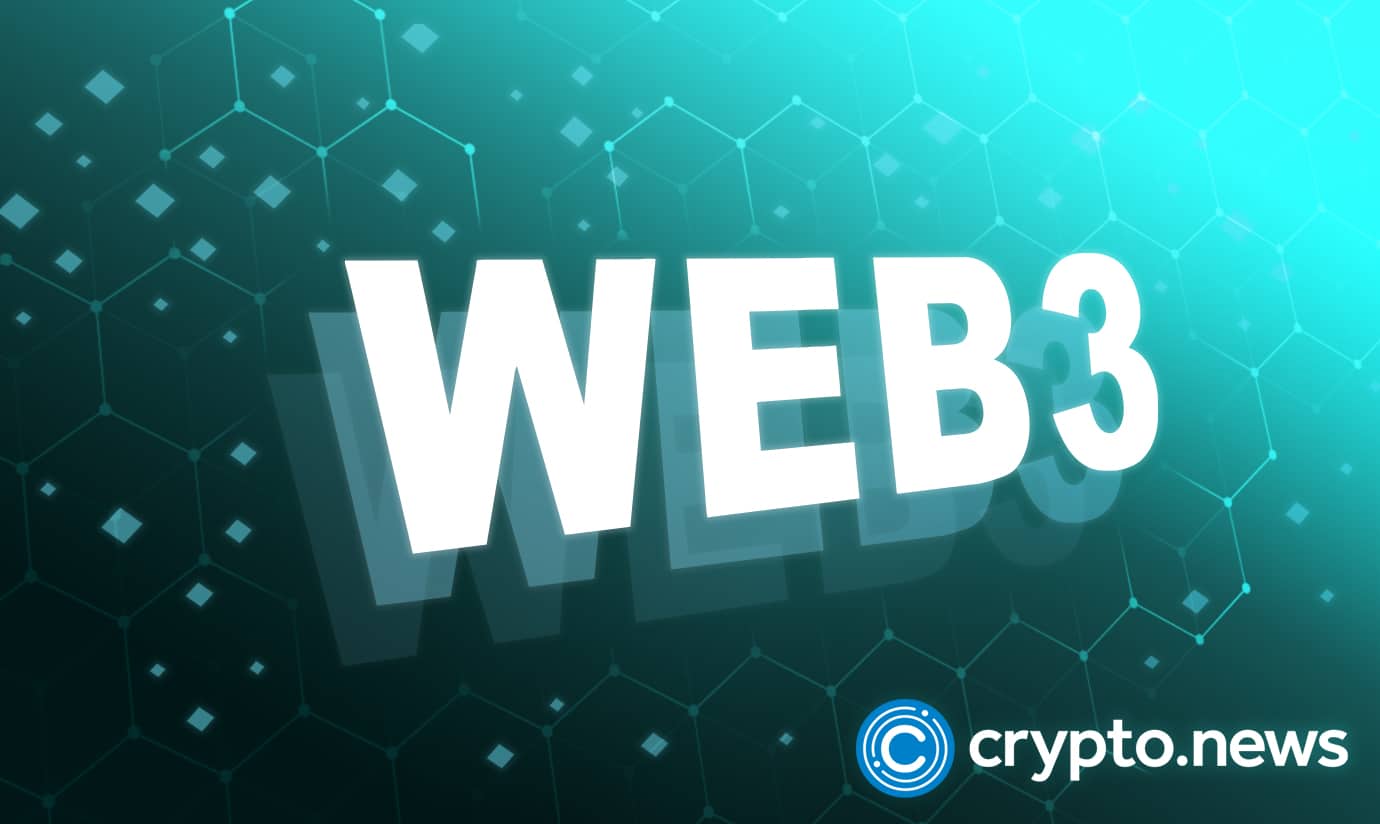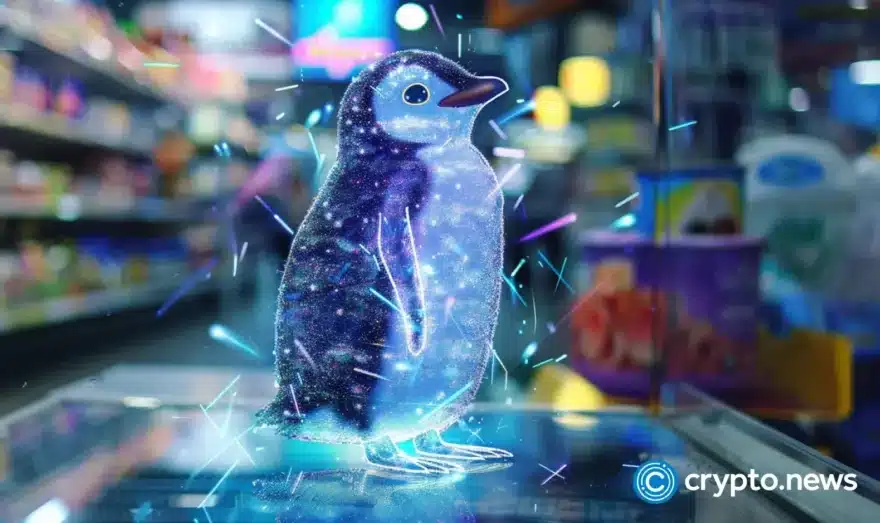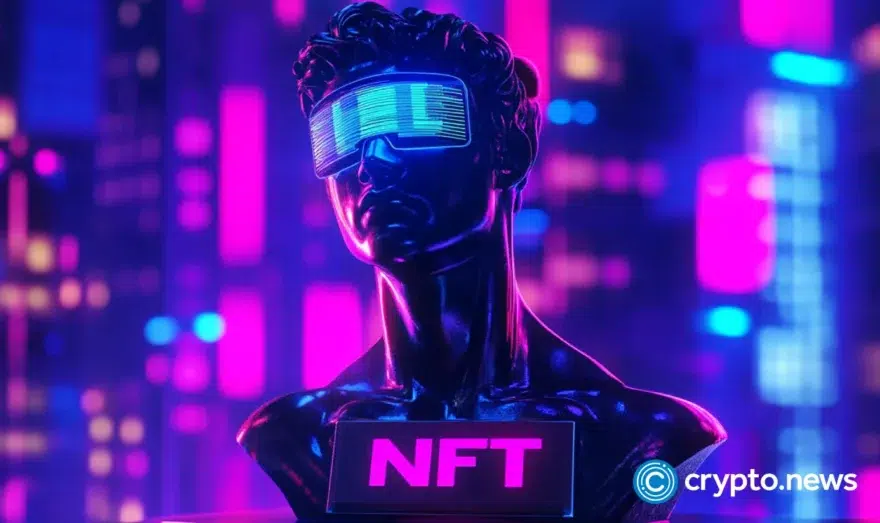Web 3.0: A New Internet Age to Benefit Content Creators

The digital world changes at an unfathomable pace, and so do the involved players. The past few years have indeed taught us that the digital world barely knows any bounds. As the internet continues to evolve at an unprecedented pace with Web 3.0 taking the center stage, so is the creator economy which has undergone a massive transformation in recent years.
Besides, with seamless access to information from a simple swipe of the screen or the click of a button, today’s content consumers demand more than just the ordinary content-they would want to see a deep sense of value and personalization from their preferred content creator.
The Key to Efficient Content Creation
Accelerated with the pandemic, and ideas like cryptocurrency, NFTs, Blockchain, and Metaverse infiltrating conversions, Web 3.0 is here with us. And with the dawn of new internet age, the content economy is set to be transformed for the better, benefiting content creators to a greater extent.
Web 3.0 will transfer the ownership and power of content directly to the original creators. This will go to greater lengths to eliminate the exploitation of content creators by content platforms including YouTube, Instagram, Facebook, TikTok, and more.
While the new internet (Web 3.0) is still a work in progress, its technologies including machine learning, artificial intelligence, virtual and augmented reality, smart contracts, Blockchain, and cryptocurrencies will revolutionize the content economy from the way we know it to a more decentralized and efficient marketplace with greater power and rewards conferred to the original content creators. The third generation internet will transform the way digital creators create content, claim ownership, and receive rewards for their work.
Everyone in the content creation space from celebrity influencers to digital creators and seasoned business owners can have a ray of hope with the advent of Web 3.0. Read on to find out more of how content creators will benefit from the fairer and more efficient new internet age.
Web 3.0 and Where It All Began
Web 3.0 also referred to as the third generation internet or semantic web is an evolution of Web 1.0 and Web 2.0, incorporating a wide range of technologies including artificial intelligence, Blockchain, AR, VR, cryptocurrencies and NFTs as well as other vague notions notably connectivity, decentralization, and ubiquity.
Unlike Web 1.0 which was the original incarceration of the internet launched in early 1999 and Web 2.0 which was built on Web 1.0 with the integration of a server-client( centralized) structure, Web 3.0 is completely decentralized thanks to the incorporation of distributed ledger( Blockchain) technology.
Web 3.0 uses a decentralized internet model where data is stored in multiple P2P networks, rather than a centralized database. The Web 3.0 internet is decentralized enabling a secure connection for data transmission. With Web 3.0, you can write smart contracts that define the logic of your applications while deploying them to the blockchain network.
Web 3.0 and the Content Economy
The content economy also referred to as the creator economy is an economic space built by content creators. It comprises content creators ranging from journalists, gamers, influence, artists, digital creators, and anyone else making content. These creators form content ranging from a wide range of genres and upload it to social media platforms including TikTok, YouTube, Instagram, and many more for monetization.
Content platforms monetize content based on the interactions of the content with the consumer. A large following on content platforms usually in the form of subscriptions and followers as well as content viewers often means more compensation. However, most content platforms including Facebook, Instagram, and TikTok treat content creators like slaves making them toiling hard to build a following only for content viewership to be controlled by algorithms. Besides, while these platforms make massive revenue via ads, only a small percentage of revenues is channeled to creators.
Web 3.0 will revolutionize the content economy in ways we’ve never experienced before. From new revenue streams to putting power in the hands of digital creators, Web 3.0 will enable creators to have full control over their careers.
Key Components of Web 3.0 that Will Revolutionize the Content Economy
Web 3.0 incorporates different technologies, which work in unison to achieve a comprehensive, interoperable Internet. Some of Web 3.0 technologies that is transforming the content space include:
Semantic Web
The semantic web is a component of Web 3.0 concerned with making the internet more intelligent, open, and autonomous by making all data on the internet machine-readable. The idea behind the semantic web is to transform each piece of human-readable content into machine-readable metadata i.e. semantic metadata.
With semantic data, Web 3.0 will have a better user experience (UX) for better internet connectivity. Besides, this data will enable computers to have a better capability of understanding the meaning and intent of a particular program.
Humans can interact with machines that are capable of conceptually and continually understanding information. This will be beneficial to the content economy since hypothetical semantic web crawlers will have a better understanding of the meaning and intent of the content for better targeted content consumption.
Blockchain
Usually associated with cryptocurrencies, blockchain is the backbone of Web 3.0 and the reason it’s completely decentralized. The blockchain is a decentralized public ledger that leverages consensus to determine whether an online transaction is valid.
Thanks to blockchain technology, Web 3.0 will not consist of single entities that control enormous operations or data on the internet-everything will be decentralized. For the content economy, blockchain technology will put power in the hands of content creators eliminating exploitation from social media giants.
Artificial Intelligence
Artificial Intelligence (AI) is one of the key technologies in Web 2.0. AI definition is still elusive but it basically involves incorporating human brain attributes on a vast scale for the precise analysis of large data sets to establish a clear pattern. AI has practically limitless applications ranging from speech synthesis, image recognition, virtual assistants, text generation, and more.
For the content space, AI will eliminate corrupt behaviors such as rigged content viewership, fake subscriptions, biased product reviews, and more usually seen in some content platforms notably YouTube. This will go to greater lengths to make the content economy more transparent and empower content consumers with the most relevant and unbiased content.
Metaverse
The Metaverse is the recent technology to hit Web 3.0 with the Facebook rebranding to Meta in an attempt to focus more on the development of the virtual world. The Metaverse will not only transform the way we consume content but also transform the content generation.
Metaverse content including virtual worlds notably Second Life and virtual games such as MMO and MUD games are already being shared on online platforms.
NFTs
Non-Fungible Tokens (NFTs) is the latest craze to hit Web 3.0, powered by blockchain technology. NFTs offer an innovative means of owning content ensuring original content owners get full benefits for their content. The content space is mired with content piracy which has an enormous economic impact, with the content industry losing over half a trillion dollars each year to piracy.
NFTs prevent content piracy by enabling creators to attach royalties to their content bringing about a much more financially rewarding market. Combining this with the inherent convenience of digital content, NFTs may just enable content creators to build a well-paying, non-exploitative career path.
How Web 3.0 Will Benefit Content Creators
The Web 3.0 set of technologies including machine learning, artificial intelligence, virtual and augmented reality, smart contracts, and cryptocurrencies is going to revolutionize the content economy by changing the way creatives create content, claim ownership of the content, and get royalties for their creations. Here are several ways Web 3.0 will benefit content creators.
- Decentralization
Web 3.0 will put power back in the hands of content creators enabling them to fully benefit from their creation and giving them full control over their careers. With Web 3.0 technologies, social media giants will no longer control content monetization and viewership by keeping consumers scrolling. With Web 3.0 technologies such as Internet of Things (IoT), content platforms can process data independently rather than have a centralized data process system. Content creators will become the original owners of their content, and thus can benefit fully. Besides, since Web 3.0 will be fully decentralized, content consumers will enjoy extra privacy and better cybersecurity with enhanced transparency without the risk of social media giants collecting personal information to sell to marketing companies or for their own good.
- Enhanced Content Development
Web 3.0 technologies will streamline the process of content creation, making the process more enjoyable and less costly. One such technology that will transform content creation is the Metaverse-a term that has increasingly been hitting the headlines in recent months. Metaverse will make extended reality (XR) incorporating both mixed reality, augmented and virtual reality more accessible and popular. Content creators will soon be able to shoot content in the Metaverse while shopping in malls, traveling, in artist concerts, etc. all while in the comfort of their homes.
Web 3.0 will also create new avenues for content development with profound changes in the creative process. Technologies such as machine learning and artificial intelligence will facilitate a more personalized content experience, for better outcomes.
- Diversified Revenue Streams
Web 3.0 will enable content creators to drive revenue via diversified channels. Currently, the main source of revenue for most content creators is monetization on content platforms based on viewership and also partnerships with businesses to promote products.
Web 3.0 creates new lucrative methods of creating revenue ranging from NFTs to well-paying content platforms. Cryptocurrencies and NFTs will make it easier to monetize content without relying on large, centralized platforms and distribution networks.
As such, content creators can be sure of diversified revenue sources without worrying about any oppression from social media giants thanks to more transparent, decentralized content platforms.
- Advanced User Experience
Web 3.0 technologies will offer advanced content experience in ways we’ve never seen before. Currently, user experience (UX) has been a critical component of content consumption with platforms offering enhanced experiences attracting more users. For instance, it’s taught that TikTok offers a better content experience than Facebook, the reason why the social media giant has been on a decline in recent years with reduced years.
Web 3.0 content platforms will be user-friendly, 100% interactive, and even three-dimensional (3D) such as the Metaverse. Enhanced user experience will not only create better content outcomes but also attract more content consumers benefiting the creators and these platforms to a greater extent.
- Clear Ownership of Content with Better Royalties
Web 3.0 will incorporate blockchain technology which will redefine content ownership. Blockchain encompasses smart contracts which trace every interaction between content creators and consumers from the time the content is created.
With an interaction log, the ownership of content will clearly be defined in turn reducing content piracy. Content licensing will be captured on the blockchain, making it impossible for content creators to reproduce or share the content of an original content creator without his/her permission.
Clear ownership of content leveraging smart contracts will also facilitate a transparent and timely payout of royalties. Everyone who participated in creating the content including editors, producers, actors, performers, etc. will be duly compensated for the roles with no exploitation. This in turn will make the content economy transparent and lucrative.
Final Thoughts
The years of exploitation of content creators are finally coming to an end with the dawn of Web 3.0. With the onset of the third-generation internet, creators are gaining access to a new set of digital tools and technologies including blockchain, AI, NFTs, social tokens, Metaverse, and more that will free them from the grip that distribution platforms have traditionally held.
Web 3.0 will not only benefit content creators but also content consumers who will enjoy a more streamlined content experience. While we’re still years away from fully transiting from Web 2.0 to Web 3.0, content creators can be hopeful that the new internet will create a better and more transparent internet economy that will change the lives of content creators by providing them with substantial economic opportunities and creative freedom to even venture into content creation as a full time career.














